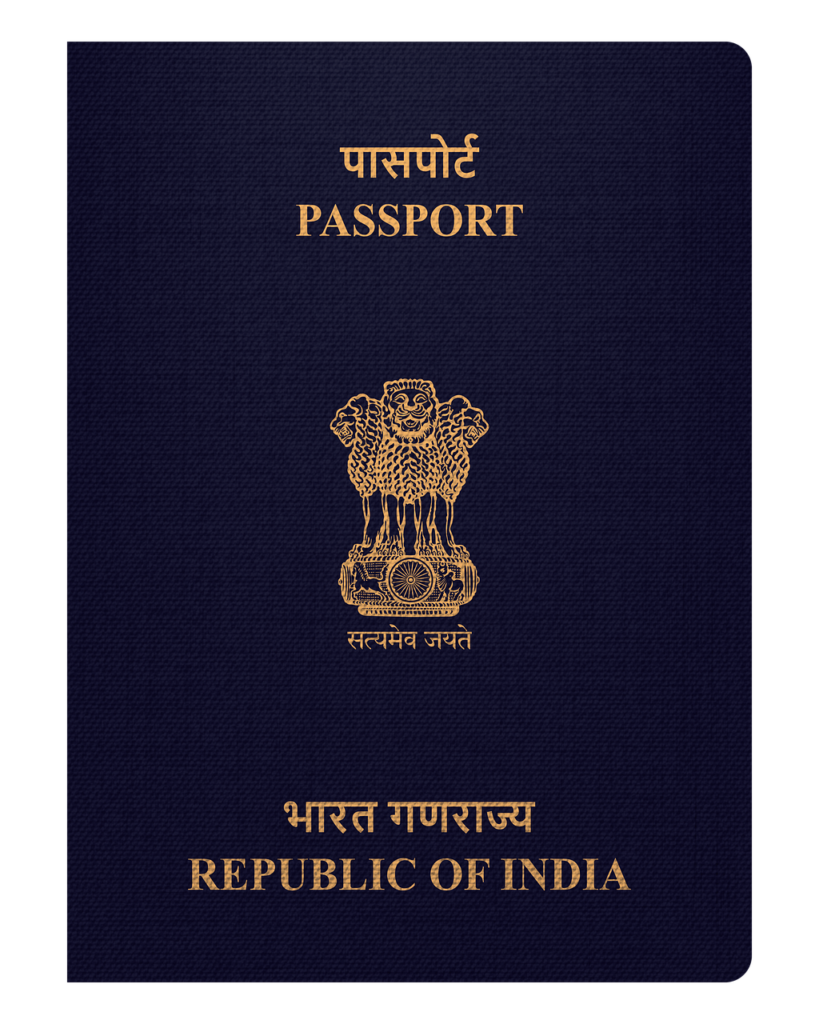Investing in mutual funds as a Non-Resident Indian (NRI) involves certain procedures and documentation set by the Reserve Bank of India (RBI) and Securities and Exchange Board of India (SEBI).Here are certain key points related to the documents required, options to invest, procedure, etc.
DOCUMENTS REQUIRED
The following are the documents required by NRIs to invest in mutual funds in India.
1. Proof of Identity: Passport copy
2. Proof of Address: Overseas Address Proof (utility bills, bank statement, etc.)
3. Permanent Account Number (PAN) card
4. Passport-sized photographs
5. Bank Statements: Non-Residential External (NRE) account details or Non-Residential Ordinary (NRO) account details or NRI.
6. Foreign Account Tax Compliance Act (FATCA): Declaration of foreign tax residency status.
7. Foreign Inward Remittance Certificate (FIRC): For mutual fund investments, payments must be made through a cheque or a demand draft. It must be accompanied by a FIRC to verify and confirm the source of funds.

8. In-Person Verification (IPV): Some institutions may require NRIs to undergo in-person verification, which can be completed through an authorized intermediary or by visiting a branch of the mutual fund house.
OPTIONS TO INVEST
NRIs have a wide variety of options to invest in mutual funds in India. The following are some of the mutual fund options suitable for investing.
1. Equity Mutual Funds- These funds invest primarily in stocks. They can be further subcategorized based on the type of stocks such as small-cap, mid-cap, large cap, etc.
2. Bond Mutual Funds- They invest in bonds and other fixed income securities. Bond Funds focus on government bonds, corporate bonds and municipal bonds.
3. International Mutual Funds- They invests in foreign securities and provides exposure to international markets.
4. Hybrid Funds- They are also called Balanced Funds. They invest in a hybrid of asset classes like stocks, bonds and money market instruments. The objective of this fund is to reduce risk by exposure to different asset classes.
5. Sector Funds- They concentrate their investment to a particular sector or industry of the economy such as technology, health care, agriculture or energy.
6. Gold Mutual Funds-They invest in physical gold or gold related instruments. The primary goal is to provide investors with exposure to the performance of gold prices.
7. Focused Mutual Funds-They aim to generate long term capital appreciation by investing in a concentrated portfolio of stocks.
The above mentioned are only some of the mutual fund options to invest. It is best to consult a financial advisor who deals in mutual funds to make informed decisions and select suitable mutual fund option based on one’s financial objectives and risk tolerance.
PROCEDURE
The following is a general guide to the procedure for investing in mutual funds for NRIs.
1. Self or Power of Attorney
In case of self/direct investment, NRIs can directly submit their application and required Know Your Customer documents. This process may require in-person verification, for which the NRI must visit the Indian Embassy in the country of residence with relevant documents.
The NRIs can assign a Power of Attorney to a trusted individual to make investment decisions on his behalf. In such a case the signatures of the NRI and Power of Attorney must be there in all KYC documents.
2. Completion of KYC process

Every NRI those who want to invest in mutual funds in India must clear the KYC process. To complete the KYC process one must submit the:
- PAN card
- Passport copy
- Overseas Address Proof- utility bill, foreign bank statement, NRE or NRO account in India
- Passport sized photo
- Mobile number
- Email id
- Relationship status
- Signature
3. Open an NRE/NRO Account
If you don’t already have an NRE or NRO account, open one with an Indian bank. This account will be used for your mutual fund transactions
4. Foreign Account Tax Compliance Act (FATCA) compliance
The NRI should ensure that all regulations of FATCA have been complied with, by submitting relevant forms and declarations.
5. Investment process
After completing the KYC process and opening the bank account, the NRI can start investing. It can be done either through a mutual fund company’s online portal or through authorized intermediaries.
6. Nominee
The NRI should nominate a beneficiary (nominee) to the mutual fund.
7. Monitor and manage
After investing, the NRI must keep track of the investments regularly and make necessary adjustments depending upon your financial goals and market conditions.

